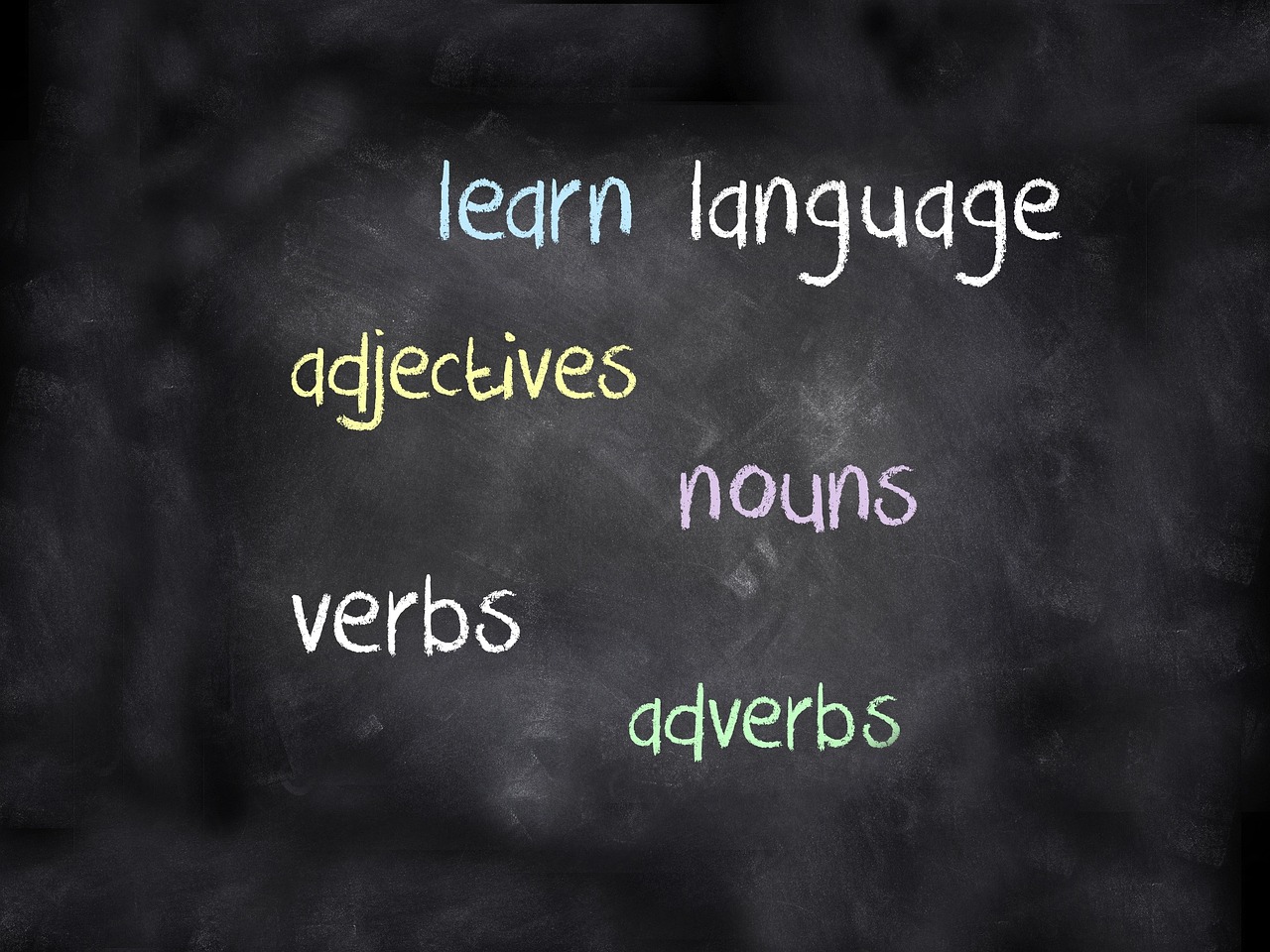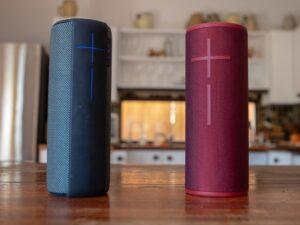Learning a new language has never been more accessible, thanks to the plethora of language learning apps available today. Among the most popular are Duolingo, Rosetta Stone, and Babbel. Each of these apps offers unique features and approaches to language learning, catering to different preferences and learning styles. In this blog post, we’ll compare Duolingo, Rosetta Stone, and Babbel to help you determine which app is the best fit for your language learning journey.
Overview of the Apps
Duolingo
Duolingo is a widely-used language learning app known for its gamified approach to learning. It offers a variety of languages and uses short, engaging lessons to keep users motivated. The app is free to use, with a premium version available for those who want to remove ads and access additional features.
Rosetta Stone
Rosetta Stone is one of the most established names in language learning. It uses an immersive method, teaching new languages through context and visual cues without relying on translations. Rosetta Stone offers a subscription-based model, with various pricing plans depending on the length of access.
Babbel
Babbel focuses on practical language skills and conversation. The app offers structured courses designed by language experts, covering a wide range of topics relevant to everyday situations. Babbel is subscription-based, with different pricing options based on the duration of the subscription.
Learning Methodology
Duolingo
Duolingo’s gamified approach makes learning fun and engaging. Users complete lessons and earn points, which helps maintain motivation. The app emphasizes vocabulary and basic grammar through multiple-choice questions, translation exercises, and listening tasks. Duolingo’s bite-sized lessons are perfect for learners who prefer short, frequent study sessions.
Rosetta Stone
Rosetta Stone uses an immersive method, teaching users through images, audio, and text in the target language. The app focuses on listening and speaking skills, encouraging users to think in the new language rather than translating from their native language. Rosetta Stone’s method is effective for building a strong foundation in pronunciation and comprehension.
Babbel
Babbel’s methodology is centered on practical language use and conversation. The app offers well-structured lessons that cover grammar, vocabulary, and cultural insights. Babbel’s lessons are designed to help users apply what they’ve learned in real-life situations, making it ideal for those who want to become conversationally fluent. The app also includes speech recognition technology to improve pronunciation.
Course Content and Languages Offered
Duolingo
Duolingo offers courses in over 30 languages, including popular options like Spanish, French, German, and Italian, as well as less commonly studied languages like Welsh, Irish, and Hawaiian. The app provides a wide range of content, from beginner to intermediate levels. However, Duolingo may not be as comprehensive for advanced learners.
Rosetta Stone
Rosetta Stone offers courses in 24 languages, including major languages like English, Spanish, French, and Mandarin. The app’s content is designed to take users from beginner to advanced levels, with a strong emphasis on building a solid foundation in the language. Rosetta Stone’s courses are comprehensive, covering speaking, listening, reading, and writing skills.
Babbel
Babbel offers courses in 14 languages, including Spanish, French, German, and Italian. The app focuses on practical language skills and conversational topics, making it ideal for travelers and those looking to use the language in everyday situations. Babbel’s courses range from beginner to intermediate levels, with content designed to help users achieve conversational fluency.
User Experience and Interface
Duolingo
Duolingo’s user interface is bright, colorful, and intuitive. The gamified elements, such as streaks and rewards, make the learning process enjoyable. The app’s lessons are short and easy to navigate, making it accessible for learners of all ages. Duolingo also includes community features, such as forums and clubs, where users can interact and support each other.
Rosetta Stone
Rosetta Stone’s interface is clean and straightforward, with a focus on immersive learning. The app’s design encourages users to think in the target language through visual and auditory cues. While the lack of translations may be challenging for some beginners, the immersive approach is effective for developing language skills. Rosetta Stone also offers live tutoring sessions for additional support.
Babbel
Babbel’s interface is modern and user-friendly, with well-structured lessons that guide users through their learning journey. The app’s design emphasizes practical language use, with lessons that are easy to follow and apply. Babbel’s speech recognition technology helps users improve their pronunciation, and the app includes review sessions to reinforce learning.
Pricing and Value
Duolingo
Duolingo is free to use, making it accessible to everyone. The app offers a premium subscription, Duolingo Plus, which removes ads and provides additional features like offline access and progress tracking. Duolingo Plus costs $6.99 per month, making it an affordable option for those who want an enhanced learning experience.
Rosetta Stone
Rosetta Stone is subscription-based, with pricing options that vary based on the length of access. A three-month subscription costs $36, while a 12-month subscription costs $96. Rosetta Stone also offers a lifetime subscription for $199, providing unlimited access to all languages. While more expensive than Duolingo, Rosetta Stone’s comprehensive courses and immersive method offer good value for dedicated learners.
Babbel
Babbel is also subscription-based, with pricing options that depend on the duration of the subscription. A monthly subscription costs $13.95, while a three-month subscription costs $29.85. A six-month subscription is priced at $50.70, and a yearly subscription costs $83.40. Babbel’s focus on practical language use and conversation makes it a valuable investment for those looking to achieve conversational fluency.
Conclusion
Choosing the right language learning app depends on your goals, learning style, and budget. Duolingo’s gamified approach and free access make it an excellent choice for casual learners and beginners. Rosetta Stone’s immersive method and comprehensive courses are ideal for those who want to build a strong foundation in a new language. Babbel’s practical focus and conversational lessons make it perfect for learners who want to use the language in real-life situations.
By understanding the strengths and features of Duolingo, Rosetta Stone, and Babbel, you can make an informed decision and find the best app to support your language learning journey. Whether you’re aiming for fluency or just want to pick up some basic phrases, there’s a language learning app out there that will meet your needs and help you achieve your goals.




